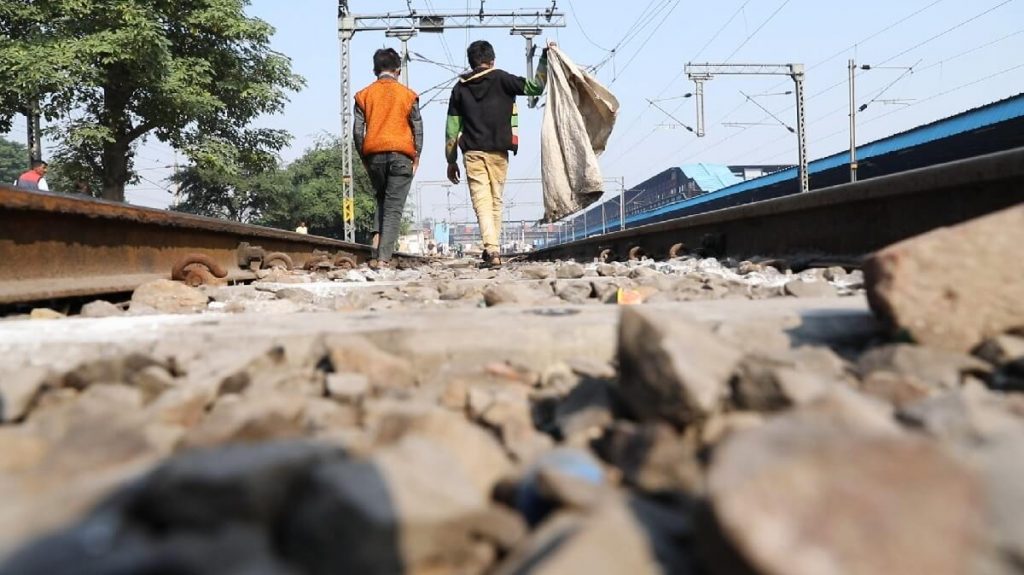
Street children in India face a multitude of challenges, including poor living conditions, limited access to education, and inadequate healthcare. Providing quality medical care for these vulnerable children is not just a basic human right; it is also crucial for their overall well-being and future prospects.
Many of the at-risk children lack access to basic medical aid such as vaccinations, treatment for common illnesses, and emergency care. This is due to a variety of factors, including poverty, social exclusion, and discrimination. Without access to proper medical support, street children are more likely to suffer from serious illnesses and injuries, and their physical and mental development can be affected.
In addition to physical healthcare, it is also important to address the mental health of street children. These children often face traumatic experiences such as abuse, neglect, and violence. The stress and anxiety associated with living on the streets can also take a toll on their mental health. However, mental health issues are often overlooked, with little attention paid to the psychological needs of street children. This can have serious long-term consequences, including a higher risk of developing mental health disorders and difficulties in social and emotional development.
To address these issues, it is crucial to provide quality medical support that is accessible and culturally sensitive. Healthcare providers should be trained to understand the unique needs of street children and provide care that is tailored to their specific circumstances. This includes addressing the mental health needs of street children and providing appropriate counselling and support.
One way to improve access to medical aid for street children is through mobile clinics. These clinics can travel to areas where street children congregate, such as railway stations, bus stops, and parks. They can provide basic healthcare services, including vaccinations, treatment for common illnesses, and emergency care. Mobile clinics can also provide mental health support and counselling, which is crucial for addressing the mental health needs of street children.
Another way to address the healthcare needs of street children is through partnerships between healthcare providers and non-governmental organisations (NGOs) that work with street children. These partnerships can provide a more comprehensive approach to healthcare, addressing both physical and mental health needs. NGOs can also provide a safe space for street children to access healthcare without fear of discrimination or stigma.
Salaam Baalak Trust is one such charitable trust in Delhi that provides varied resources of paramount importance to the welfare of street and working children in India. SBT ensures it provides a safe and protective environment for these children, who face painful and horrific experiences on the streets that are often unspeakable. Your online donation in India can help SBT provide healthcare aid that is accessible, culturally sensitive, and addresses their unique needs. Support now!